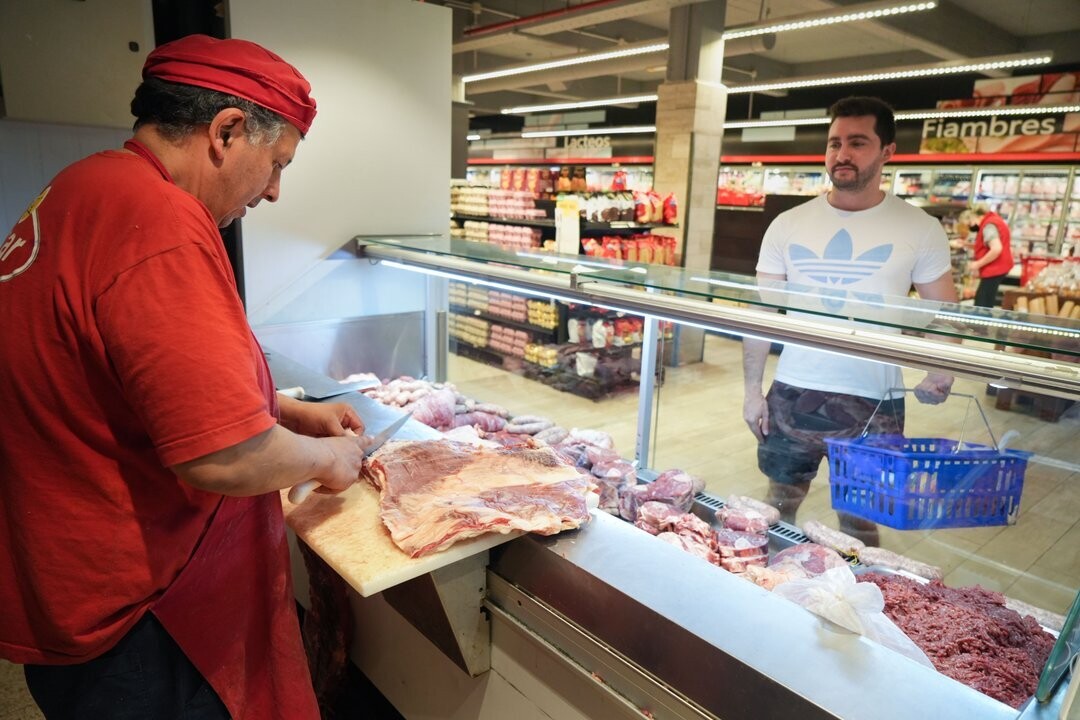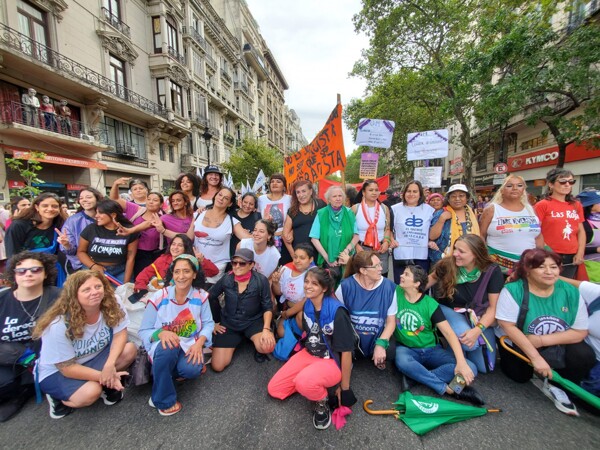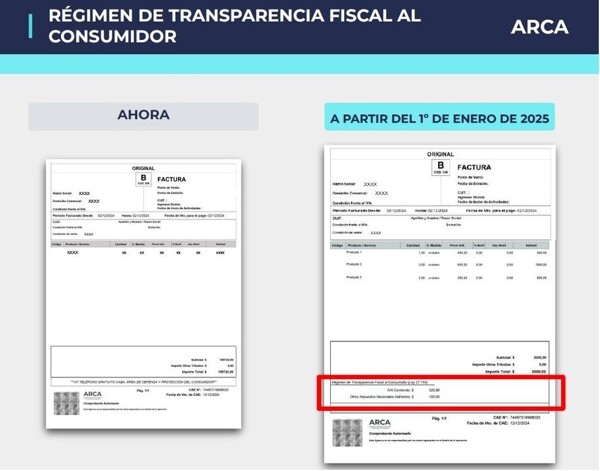
Equilibra's report indicated that monthly inflation reached 2.5%, with an increase of 0.3 percentage points compared to January. The categories with the highest increases were housing, water, electricity, and fuels (4.3%), restaurants and hotels (4.2%), and alcoholic beverages and tobacco (3.2%). The year-on-year variation was estimated at 67%.
EcoGo Consultants estimated that inflation for that month reached 2.7%, with an average increase in food and beverages of 3.8%, 1.7 percentage points more than the previous month. They highlighted that meat prices increased by 7.8%, marking a month of significant price acceleration.
On the other hand, the Libertad y Progreso Foundation estimated that inflation closed at 2.3%, slightly above the official figure for January. In the first two months of the year, accumulated inflation is 4.6%, considerably less than in the same period of the previous year. Regarding the year-on-year variation, the report showed a marked deceleration, standing at 66.7%.
Additionally, analysts explained that after a beginning of the month with smaller increases than in January, the second half of February saw increases above expectations. Both EcoGo and Libertad y Progreso noted that the acceleration was mainly influenced by food prices, especially meat.
A report from the Institute of Social, Economic, and Citizen Political Research (ISEPCi) highlighted that in February, food prices rose by 5.12% in the popular neighborhoods of Buenos Aires City. It is expected that the National Institute of Statistics and Censuses (INDEC) will soon announce the Consumer Price Index (CPI) for February, which is expected to be above 2% due to the pressure from food prices.
According to the most recent estimates, inflation in February is expected to reflect a higher pace than the previous month, after having registered the lowest level in five years in January. The Market Expectations Survey (REM) projected that inflation for the second month of the year would be around 2.1%.













